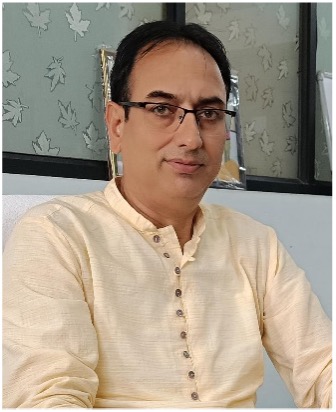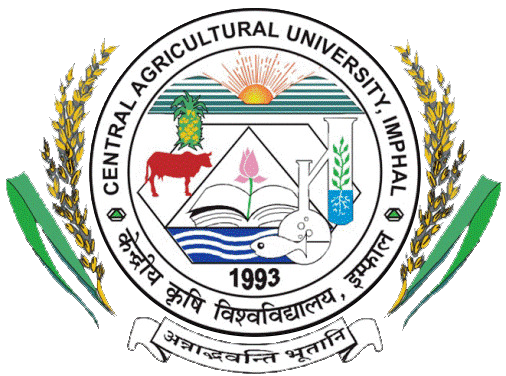Message from the Desk of Dean

College of Agriculture, Kyrdemkulai, Meghalaya was established in the year 2015, offering B.Sc. courses in Agriculture. The college is fully equipped with academic and research facilities like smart classrooms, hostels, demonstrational farms, transit guest house and laboratories. New Academic building of the college is in the process of completion and will soon be in full function. Since inception, 64 students (41 Boys and 23 Girls) have completed B.Sc. (Hons.) Agriculture, out of which 4 students got JRF. Most of the graduated students have pursued higher studies in reputed institution of the country and some of the alumni are working in state line departments of north eastern region and others pursuing entrepreneurship.
The college have also recently started B.Sc. (Hons.) on Natural Farming course in the august presence of Dr. Himanshu Pathak, Hon’ble DG, ICAR and Secretary, DARE, New Delhi along with Dr. S.K. Chaudhari, DDG, NRM, New Delhi. At present, out of 40 intake, 19 students have got admission for B.Sc. (Hons.) on Natural Farming. The academic session of this course has successfully started in the campus with both theory and practical classes.
My vision of this college is to develop into a global class campus, a model centre of education and research, a pioneer of a new world agriculture system with deep empathy towards nature. The college will serve as the foundation platform for building excellent academicians and future innovators and leaders in agricultural and natural farming sciences. I believe that with consistent hard work and sincerity, with the grace of God, the college will flourish and develop into one of the best colleges in the country and the globe at large.

